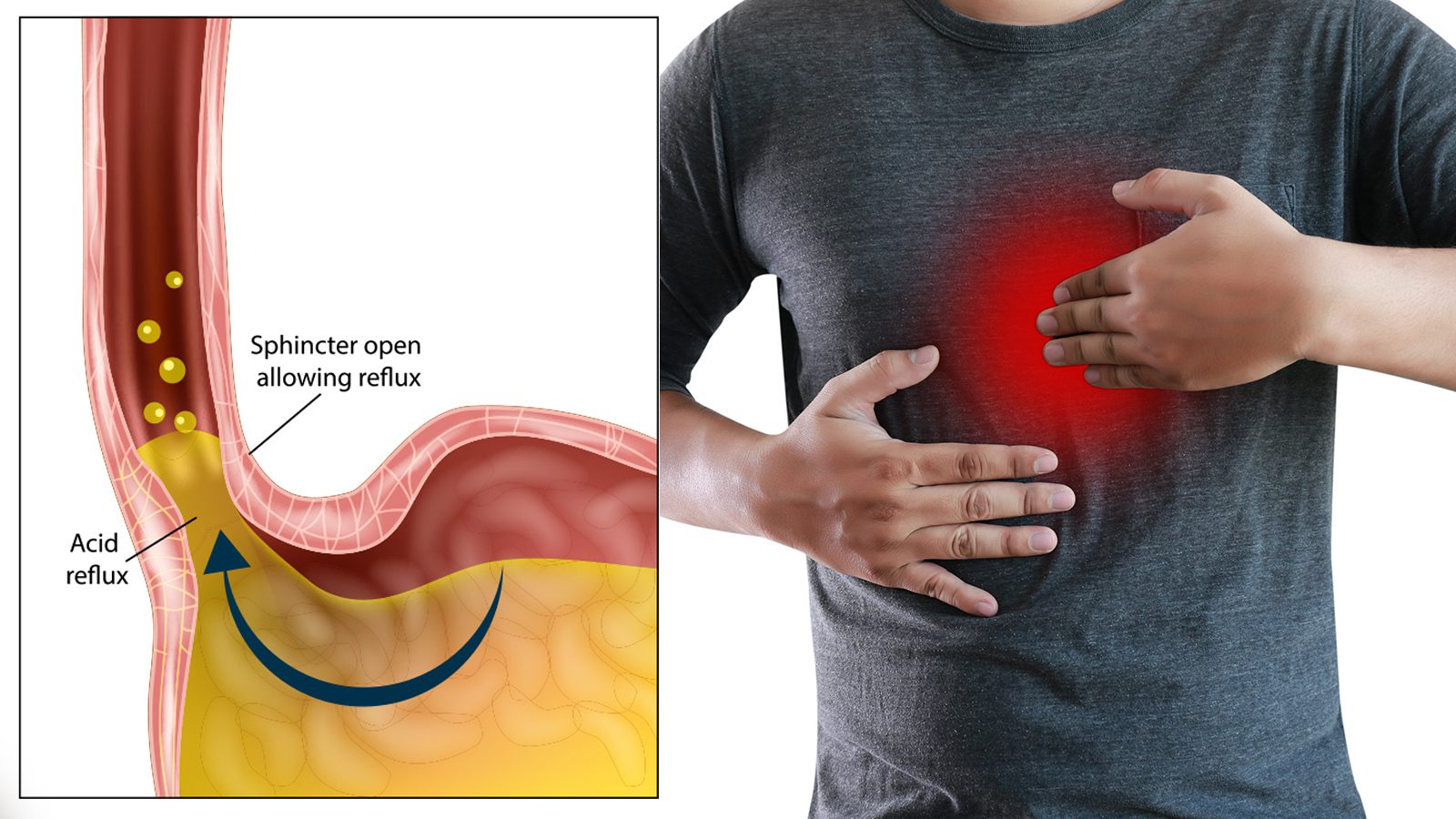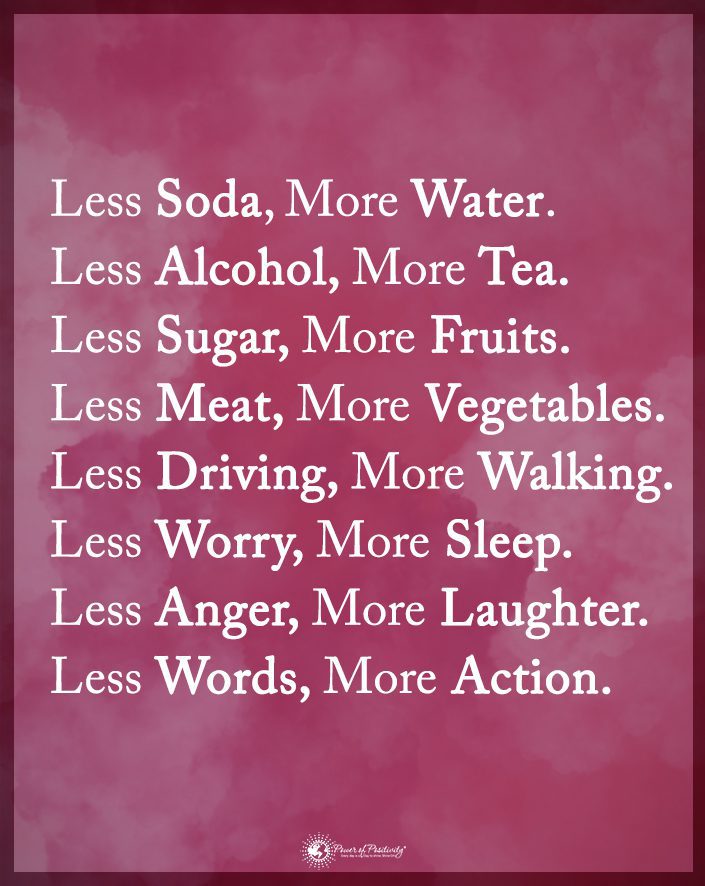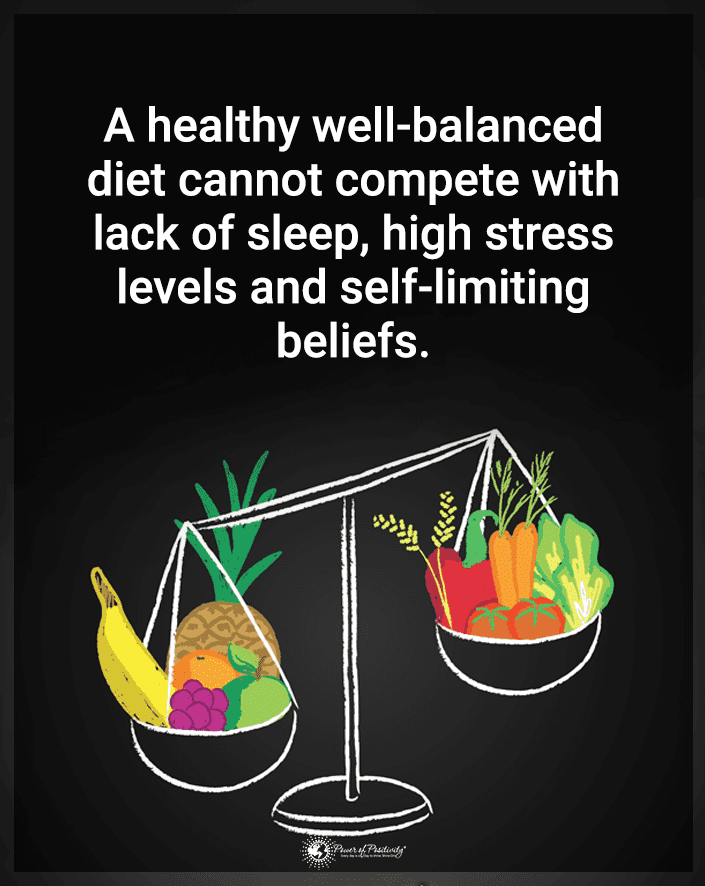Do you experience heartburn and acid reflux often? If so, you’re probably eager to find a remedy for the pain and irritation these conditions cause. Luckily, you don’t need to take expensive medications or shell out thousands of dollars for treatments. You can ease your symptoms by utilizing at-home remedies that cost very little. In addition, specific lifestyle changes can help alleviate acid reflux and improve your digestion.
According to studies, around 28% of adults in America experience acid reflux, or gastroesophageal reflux disease (GERD). Unfortunately, doctors have noticed that younger patients have started complaining about frequent heartburn and digestive issues. Experts believe poor dietary habits, elevated stress levels, sedentary lifestyles, smoking, and high body mass indexes (BMI) have increased GERD prevalence.
GERD occurs when stomach acid travels back into the esophagus, which causes a burning sensation in your chest and throat. Heartburn can last anywhere from several minutes to a few hours, depending on the severity. Many people use prescription or over-the-counter medications to combat symptoms, but lifestyle changes can also work wonders in treating acid reflux. Below, we’ll review some of the most popular home remedies to alleviate heartburn.
5 Common Causes of Acid Reflux
- Eating large meals: One of the most common causes of acid reflux is overeating. When you eat a large meal, your stomach produces more acid to digest. This increased production of acid can lead to acid reflux.
- Eating certain foods: Certain foods can also trigger acid reflux. These include spicy foods, fatty foods, chocolate, caffeine, and acidic foods like tomatoes and citrus fruits.
- Smoking: Smoking is a well-known cause of many health problems, including acid reflux. Smoking can weaken the lower esophageal sphincter (LES). That’s the muscle that keeps stomach acid from flowing back up into the esophagus. This weakening of the LES can lead to heartburn.
- Alcohol: Alcohol consumption can also contribute to acid reflux. Alcohol can relax the LES. That allows stomach acid to flow back into the esophagus.
- Obesity: Obesity is another common cause of GERD. When you are overweight, it puts extra pressure on your stomach. In turn, acid can flow back up into the esophagus.
Acid reflux is a common condition that can impact your daily life negatively. By understanding the causes of acid reflux, you can take steps to reduce your risk and improve your overall health.
5 Popular Natural Remedies for Acid Reflux
Now that you know the causes of GERD, let’s look at the remedies that can quell the burn.
1. Eat earlier in the evening.
One natural remedy for acid reflux that stands the test of time involves eating dinner at least three hours before bed. If you eat too late, your body won’t have a chance to digest the food before you sleep. When you lie down, it makes digestion more challenging, which can trigger acid reflux and heartburn. One study found that people who ate late-night meals had 5% higher esophageal acid exposure than they did eating earlier.
2. Avoid trigger foods that exacerbate acid reflux.
Did you know certain foods can make acid reflux symptoms worse? Common offenders include coffee, spicy foods, carbonated beverages, tomatoes, chocolate, alcohol, and fried foods. Although some people can consume these foods and drinks without problems, many find they cause heartburn.
For instance, alcohol can aggravate acid reflux because it increases stomach acid and relaxes a valve called the lower esophageal sphincter. This valve relaxes to allow the food you’ve eaten into your stomach; however, certain beverages like alcohol cause it to open at inappropriate times.
Studies show that coffee causes this same problem and can even damage the esophagus because of increased acidity. This news may disappoint coffee lovers, but you can always limit your intake to see if that helps. Also, many healthcare professionals recommend that patients avoid or limit their consumption of carbonated drinks. That’s because fizzy drinks like soda can increase heartburn and burping, allowing more acid into the esophagus.
In addition, health experts advise people with acid reflux to avoid foods with high levels of ascorbic acid, like tomatoes. Excessive intake of ascorbic acid, especially on an empty stomach, can lead to diarrhea, indigestion, abdominal pain, and heartburn. Furthermore, tomatoes have elevated malic and citric acid levels, which can also trigger acid reflux.
Fried or fatty foods like pizza and potato chips may also cause heartburn because they relax the lower esophageal sphincter. One study found that over half of the participants experienced acid reflux after eating high-fat, fried foods. However, once they stopped eating foods that irritated their stomachs, heartburn reports decreased from 93 to 44% of patients. In addition, regurgitation decreased from 72 to 28%.
Finally, spicy foods can irritate the esophagus and hinder digestion, making acid reflux more likely. Researchers also found that chocolate can reduce pressure on the lower esophageal sphincter (LES), increasing acid exposure.
However, if you enjoy these foods and drinks, you can always eat smaller portions and see if that alleviates your symptoms. It may not be necessary to avoid these trigger foods altogether.
3. Lose weight, if necessary.
Shedding a few pounds helps you control heartburn and indigestion. Research shows that having excess abdominal fat puts pressure on the LES, pushing it upward and causing it to malfunction. Typically, the diaphragm located above the stomach supports the LES. However, being overweight may result in the upper part of the stomach pushing through the diaphragm, a leading cause of GERD. Studies show that losing 10% of your body weight can significantly improve symptoms.
4. Manage stress levels to reduce acid reflux symptoms.
Global stress levels have skyrocketed in recent years due to compounding factors like work burnout and financial concerns. However, research shows that all this tension can wreak havoc on the mind and body. It’s unclear if stress increases stomach acid production; however, studies show it can enhance pain sensitivity. In other words, anxiety and stress lower your pain threshold, making you more susceptible to gastrointestinal discomfort.
Therefore, it’s essential to practice stress management techniques, such as meditation, deep breathing exercises, or yoga. Anything that calms your nervous system will automatically ease bodily aches and pains, including heartburn.
5. Eat smaller portions and chew your food slowly.
Unfortunately, many of us need to remember the art of mindful eating in our hectic lives. We don’t take time to slow down and taste our food; instead, we rush through our meals in a distracted, haphazard manner. But, this can have devastating consequences that you may not consider, like increasing the prevalence of acid reflux. Also, eating large meals puts immense pressure on the stomach and LES, potentially worsening reflux symptoms.
Try eating smaller meals more regularly to reduce your heartburn risk. Also, remember to practice mindfulness at mealtimes to make eating more enjoyable and increase nutrient absorption.
Final Thoughts on Ways to Control Acid Reflux
If you experience acid reflux often, you know how painful and uncomfortable it feels. Heartburn and indigestion make it challenging to enjoy meals, but natural remedies can alleviate these troubling symptoms. Eating slowly and mindfully, reducing portion sizes, controlling stress, and maintaining a healthy BMI can drastically improve GERD. Also, eating dinner a few hours before bed can enhance digestion and reduce stomach acid. Finally, avoiding trigger foods like coffee, alcohol, chocolate, spicy foods, and tomatoes may ease heartburn and acid reflux. If you experience frequent acid reflux or other symptoms like chest pain or difficulty swallowing often, speak with your healthcare provider to determine the best course of treatment.

















 Community
Community

